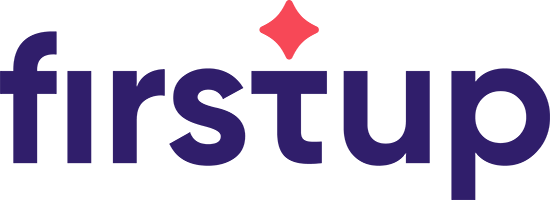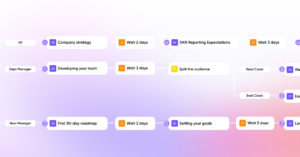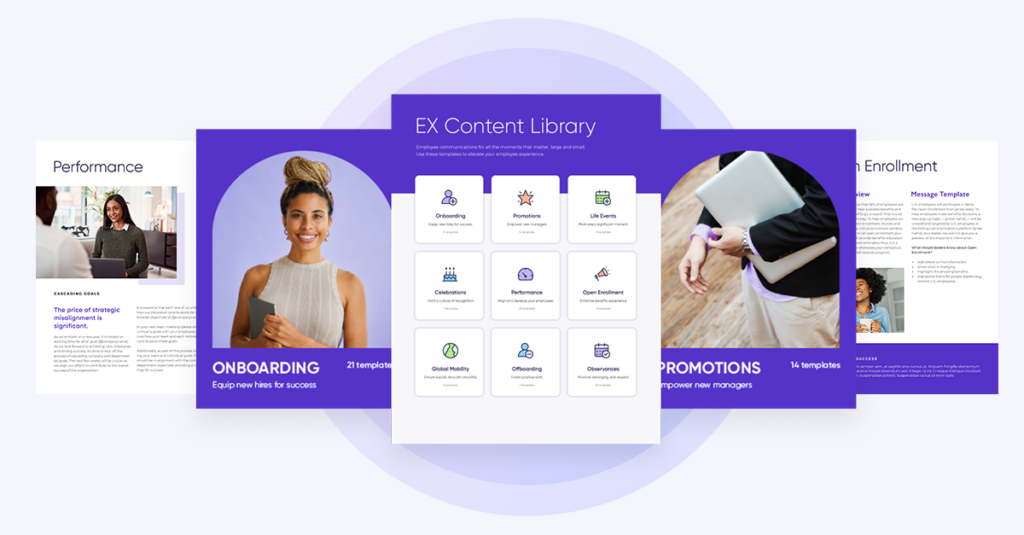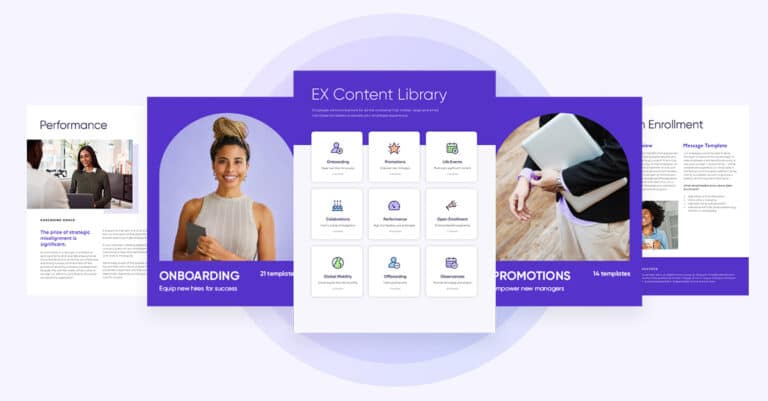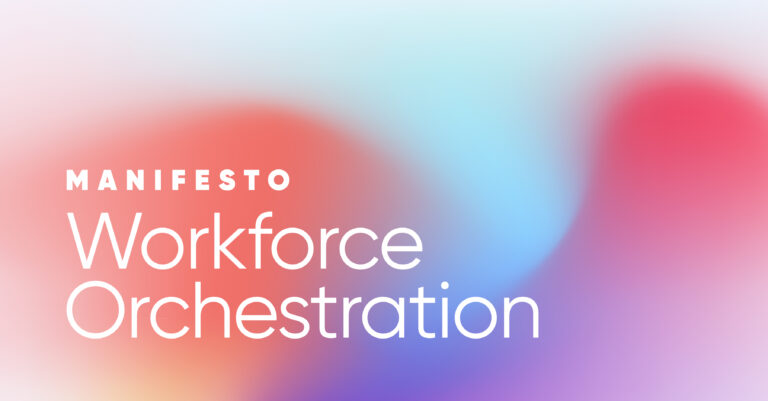Adopting AI in an organization can revolutionize communication processes. In fact, in a recent Grammarly and Harris poll, they found that using generative AI (GenAI) for communication could save up to $1.6T annually in U.S. productivity. Using GenAI also leaves communicators more time for the important tasks like communication strategy and building relationships — helping employees save up to 10 hours a week.
Using GenAI within organizations, while efficient and helpful, also presents several challenges, including concerns about intellectual property theft, security risks, copyright infringement, employee data protection, and GDPR compliance. These are all critical issues that stakeholders must address, as AI is poised to become as integral to business operations as the internet and email have become. As a communicator, it’s essential to advocate for AI adoption to leverage its capabilities effectively.
“Nearly four in 10 users of generative AI in the workplace say they are saving up to 10 hours a week.” – Human Resources Director
Utilizing generative AI for communication
There are many benefits for communicators utilizing GenAI. It can help with brainstorming, content creation, and editing — saving you valuable time as you juggle multiple organizational projects daily. A few ways to use generative AI include:
- Content brainstorming: Use GenAI to generate ideas for external blogs, social media content, and internal topics. It can help you break through the noise with engaging titles and unique perspectives.
- Initial drafting: Utilize GenAI to create first drafts, which can save time and overcome writer’s block. This is applicable for stories, emails, video scripts, and more.
- Editing: AI can help you catch errors and suggest improvements after you’ve stripped your content of any sensitive information. This ensures higher quality and more polished outputs.
- Tone of voice: Use AI to have a consistent tone of voice throughout all of your internal and external communications.
- Social media management: AI can craft compelling social media posts and shorten content from press releases, making it more suitable for social platforms with just a click.
- FAQs: During major changes, AI can aid in creating comprehensive FAQs by generating additional questions and refining answers.
- Data analysis: If you have communication data or survey results, you can quickly use AI to analyze data sets and provide themes.
Also, don’t forget to take advantage of the GenAI that is available in a variety of technologies as you are writing content or analyzing data. For example, Firstup has infused AI into the platform, helping you create content faster — from high-quality text to subject lines, visuals, summaries, and templates. You can also use AI to measure sentiment on your communications and quickly gauge how the piece performed. Actionable predictive insights continue to be Firstup’s game changer since it can pinpoint the right digital channel and moment to send a communication — reaching all workers for maximum engagement.
“The Firstup platform provides rich data from HR and internal communication campaigns, offering insights into workforce engagement. By pairing GenAI with holistic employee engagement data, our platform proactively and automatically addresses workforce issues and opportunities. HR and communication leaders now have all the tools to deliver on company objectives and provide employees with a hyper-personalized experience.”
– Cheryl Chavez, Chief Product Officer
Enhancing generative AI output
To maximize the benefits of GenAI, refining your prompts is crucial. As the saying goes, “garbage in, garbage out.” A well-crafted prompt will yield better results. Here are key components to include:
- Outcome: Clearly define what you want to achieve.
- Context: Provide background information relevant to the task.
- Audience: Specify the audience for the content.
- Requirements: State the preferred outcomes in detail.
- Guidelines: Don’t forget to tell your AI partner what not to do, such as:
- Don’t make anything up
- Don’t use information other than what I provide
Additional tips:
- Set limits on the answers to ensure concise and relevant outputs.
- Keep your audience in mind and tailor your prompt accordingly.
- Provide comprehensive background information to give AI the necessary context.
- Adopt a specific persona or voice for the AI to emulate.
- Never share protected or confidential data with generative AI.
Getting your company onboard with GenAI
Before harnessing the power of GenAI, it’s essential to secure organizational buy-in. This starts with forming a GenAI committee, including representatives from IT, Information Security, Communications, and other relevant stakeholders. The committee should focus on the following:
- Technology selection and implementation:
- Choose or internally build the appropriate GenAI technology and outline the steps for integration within the organization.
- Identify what your non-negotiables are and consider things like how your data will be handled regarding compliance with GDPR or CCPA, security risks and annual auditing tests, and/or overall governance around ethics and reducing biases.
- Data privacy and security:
- Use aggregated and anonymized data.
- Employ encryption techniques and implement strict access controls.
- GenAI policy creation: Develop a comprehensive AI policy and establish a code of ethics, including inclusivity and diversity training to minimize biases.
- Training and communication: Train employees on the AI policy and best practices for utilizing GenAI.
By addressing these areas, you can ensure a smooth transition to AI-powered communications and fully leverage its potential to enhance your organization’s communication strategies.
Want more tips on how to best utilize GenAI to improve your writing and help you be more efficient? Download our ultimate AI cheat sheet today.
Download PDF
